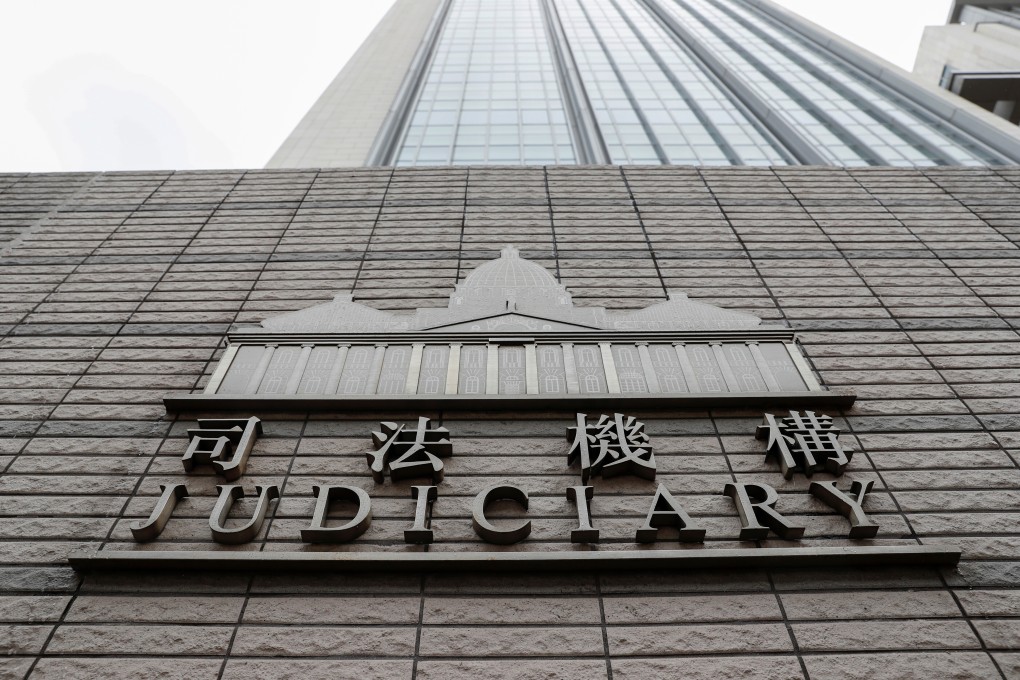Advertisement
Opinion | Hong Kong must reject all pressure on judiciary to do the government’s bidding
- Although separation of powers is not mentioned in the Basic Law, it is the de facto principle that underlies the independence of the city’s judiciary. The pro-Beijing camp must stop its attacks on the courts’ credibility
Reading Time:3 minutes
Why you can trust SCMP

The removal of the phrase “separation of powers” from liberal studies textbooks in Hong Kong has played out in a similar way to last year’s extradition bill saga. The move was supported by Secretary for Education Kevin Yeung Yun-hung, then endorsed by Chief Executive Carrie Lam Cheng Yuet-ngor and Secretary for Justice Teresa Cheng Yeuk-wah. In separate statements, the central government’s liaison office and Hong Kong and Macau Affairs Office chimed in and gave the final word.
Advertisement
The political intent – to ensure “cooperation of the three powers” – is clear.
Separation of powers is the cornerstone of Hong Kong’s “one country, two systems” framework. Hong Kong people’s confidence about the 1997 handover is rooted in this core principle. It is true that “separation of powers” is not spelt out in the Basic Law; the same can also be said for the so-called “executive-led system” touted by the government.
The phrase “separation of powers” was not inserted in the Basic Law, the city’s mini-constitution, because Deng Xiaoping opposed the idea. Deng believed that this principle from Western democratic countries was not entirely applicable to Hong Kong.
However, the spirit of it is embodied in the Basic Law – the division of powers between the administration, the judiciary and the legislature are clearly mapped out with checks and balances among them.
In fact, the two chief justices since the handover, Andrew Li Kwok-nang and Geoffrey Ma Tao-li, as well as the former Chief Judge of the High Court, Patrick Chan Siu-oi, have on different occasions affirmed the independence of the judiciary and spoken about the separation of powers.
Advertisement

Advertisement
